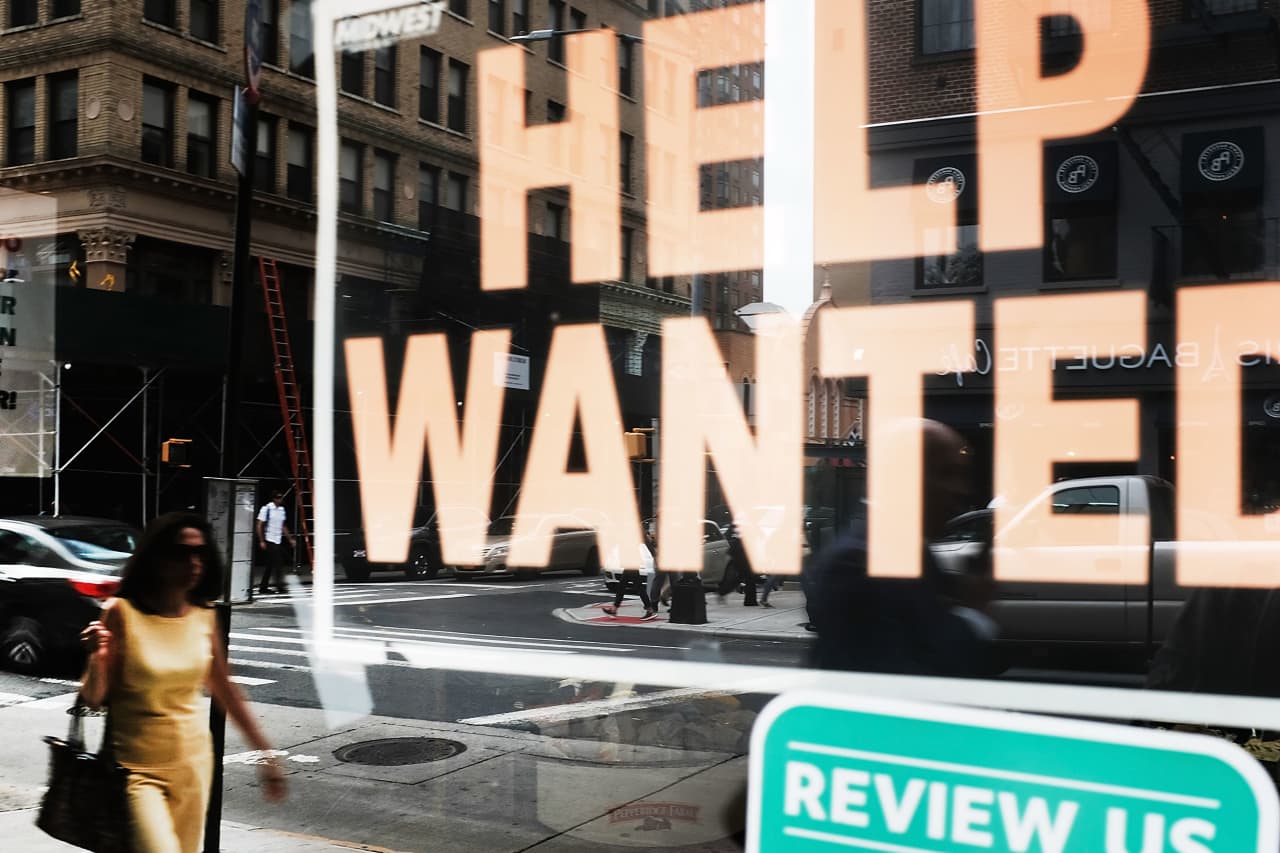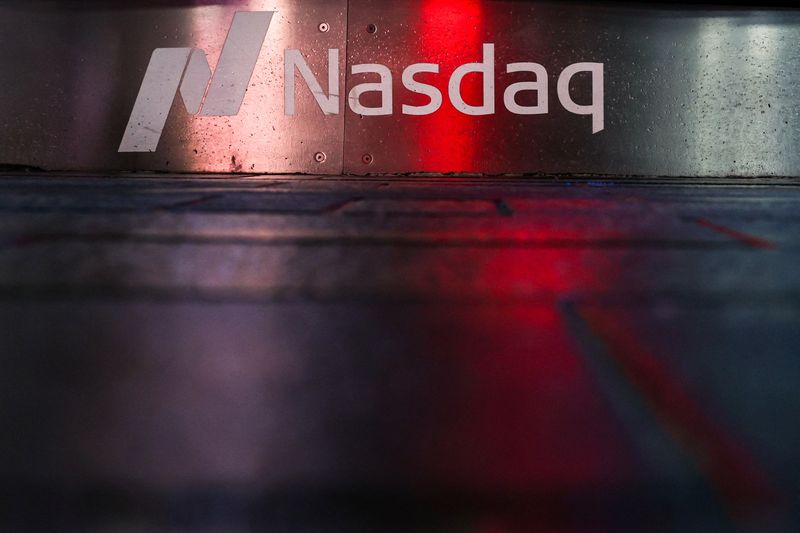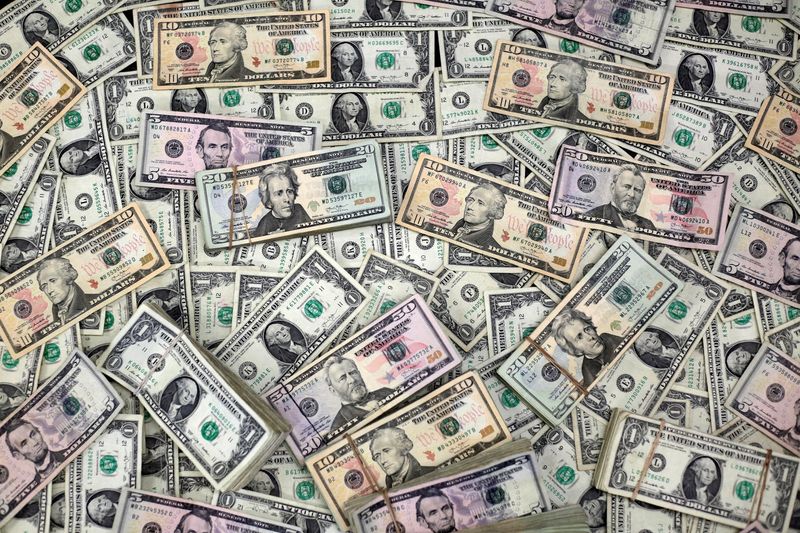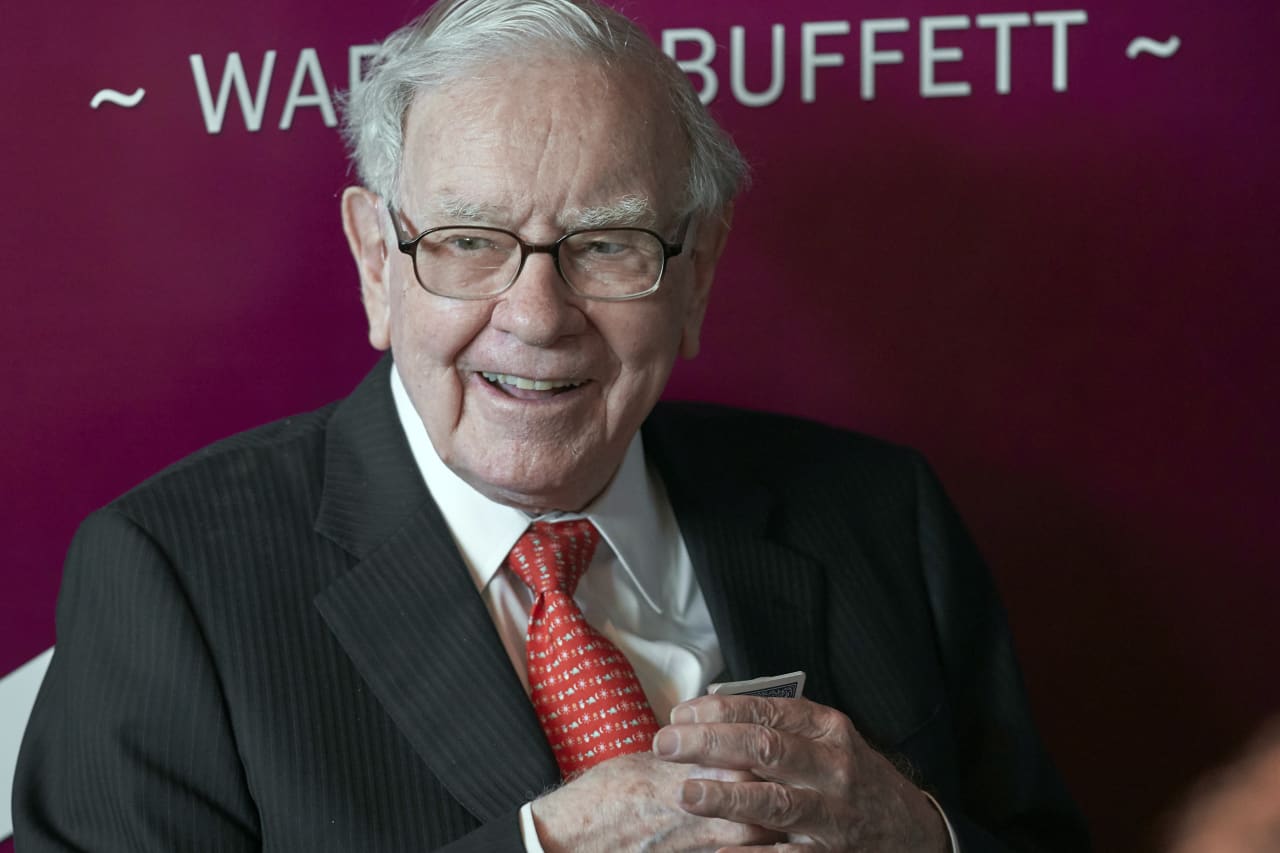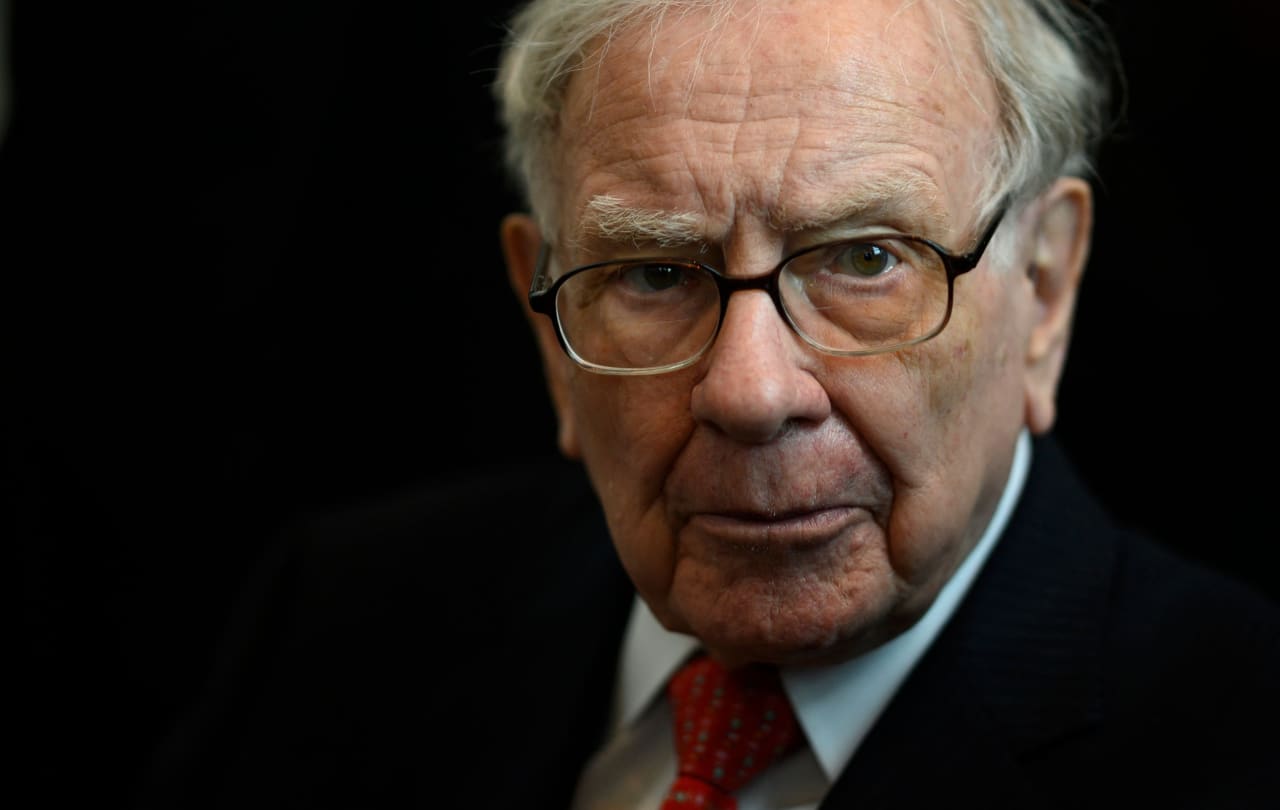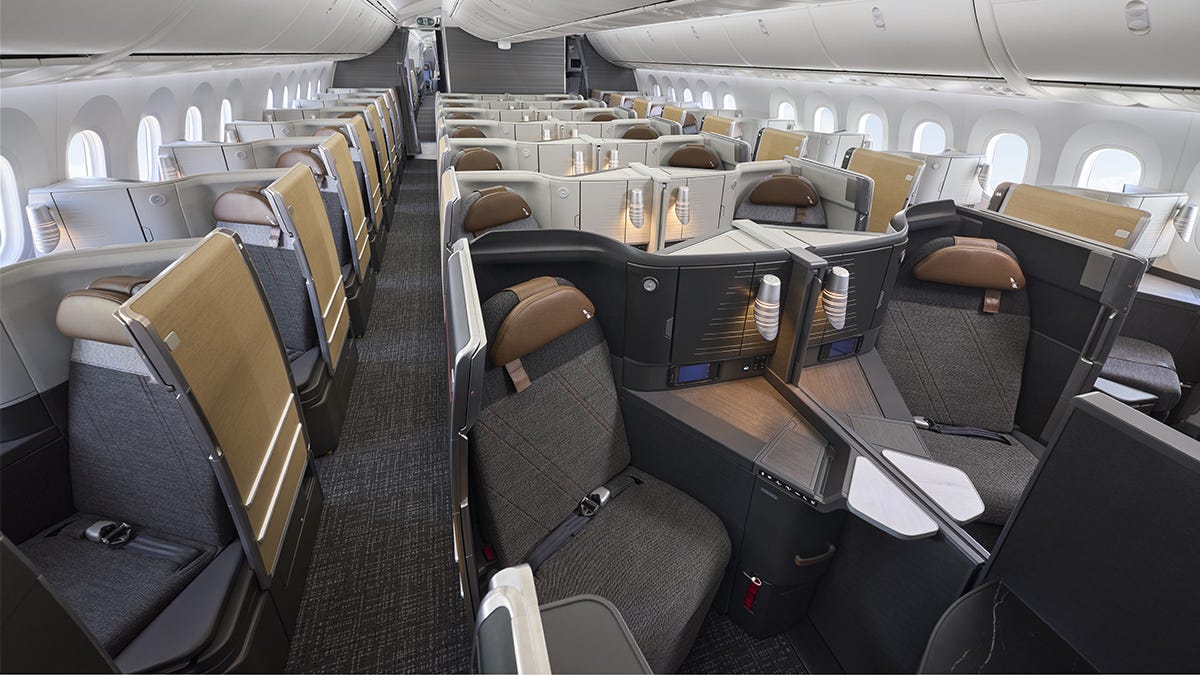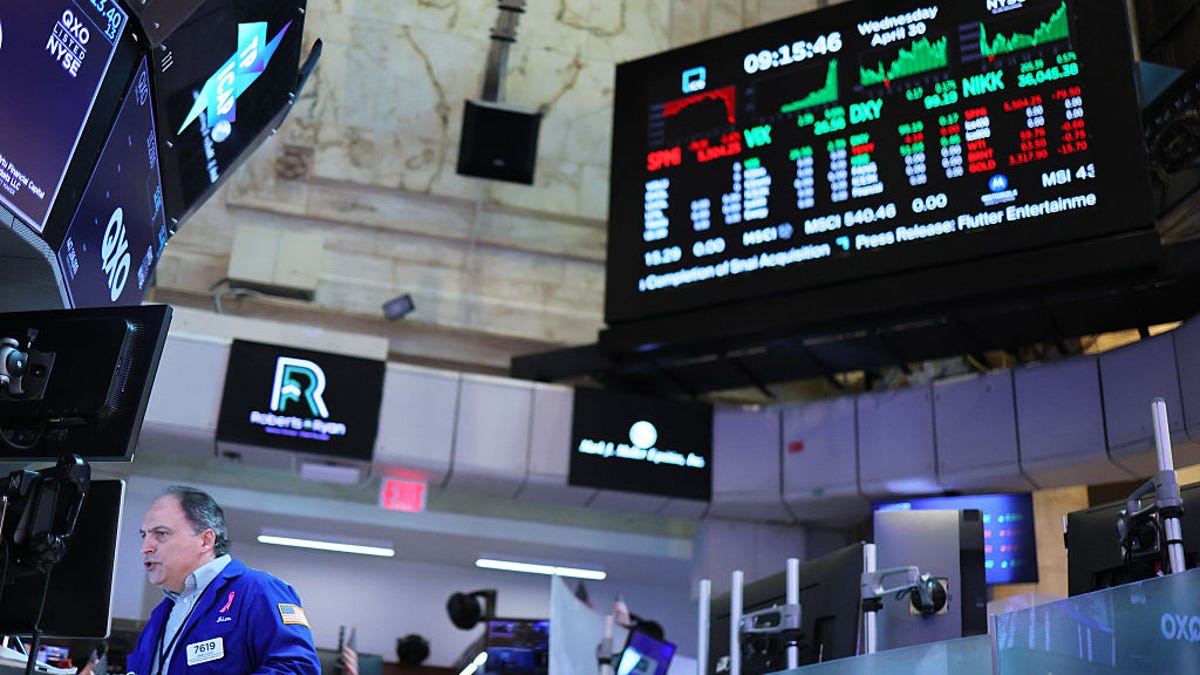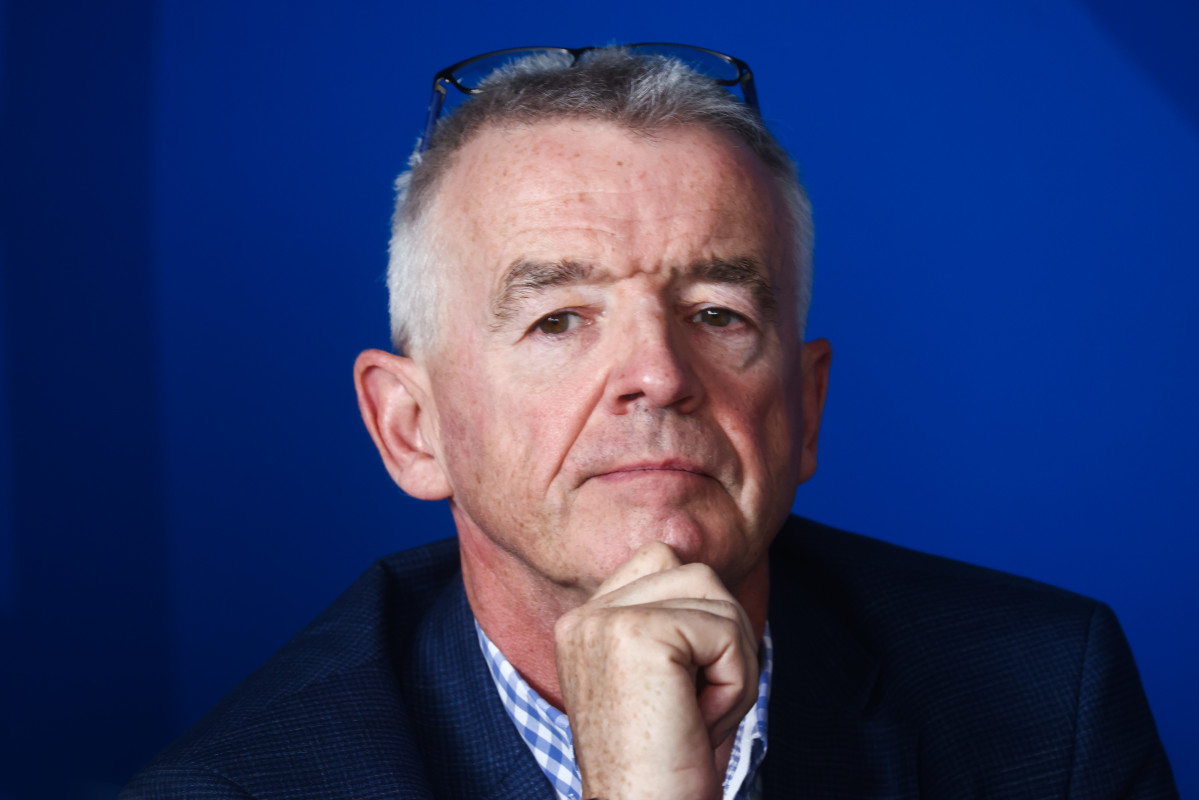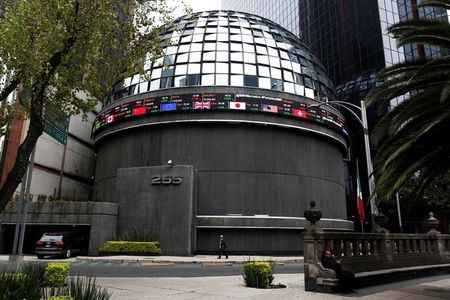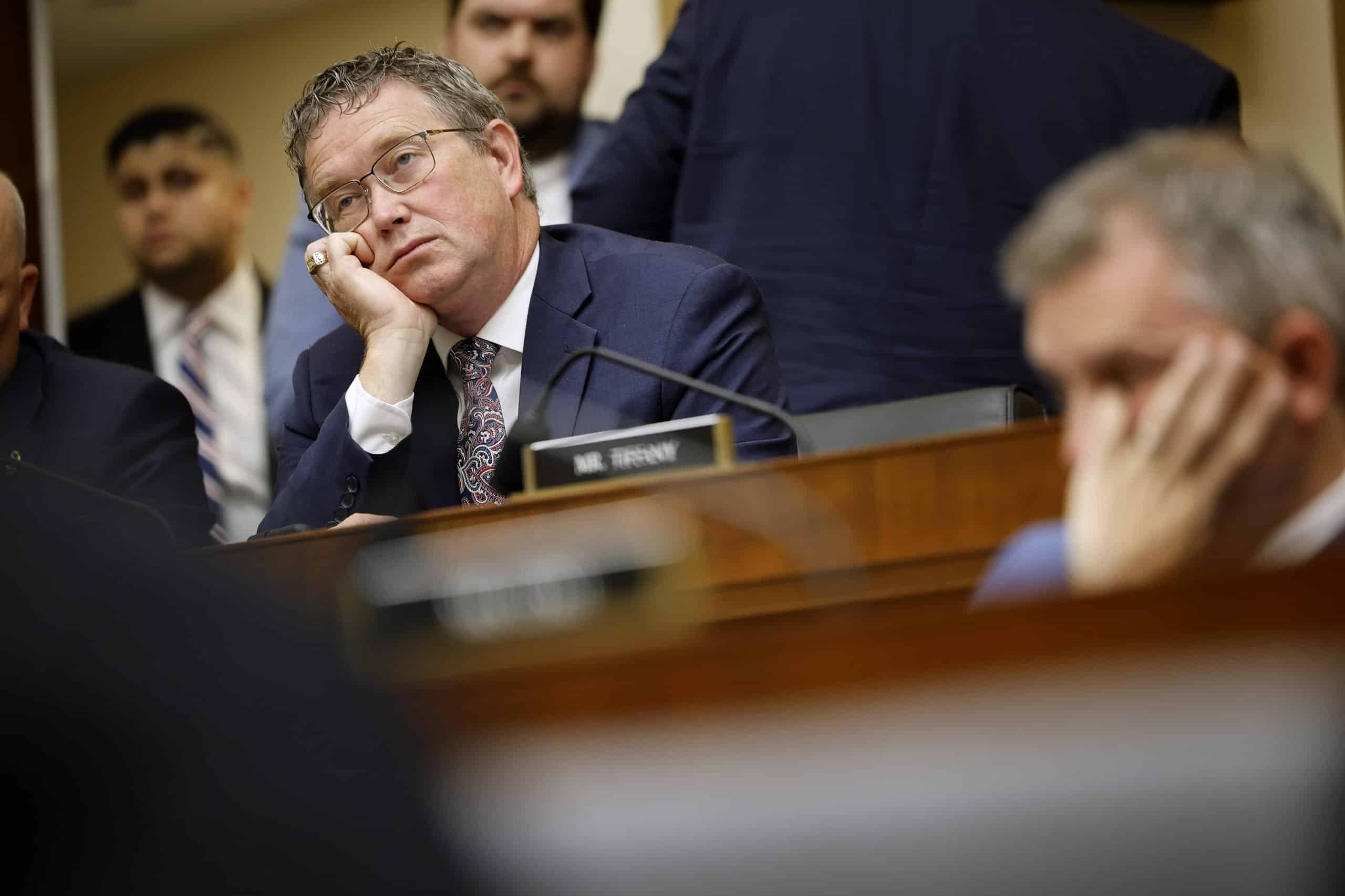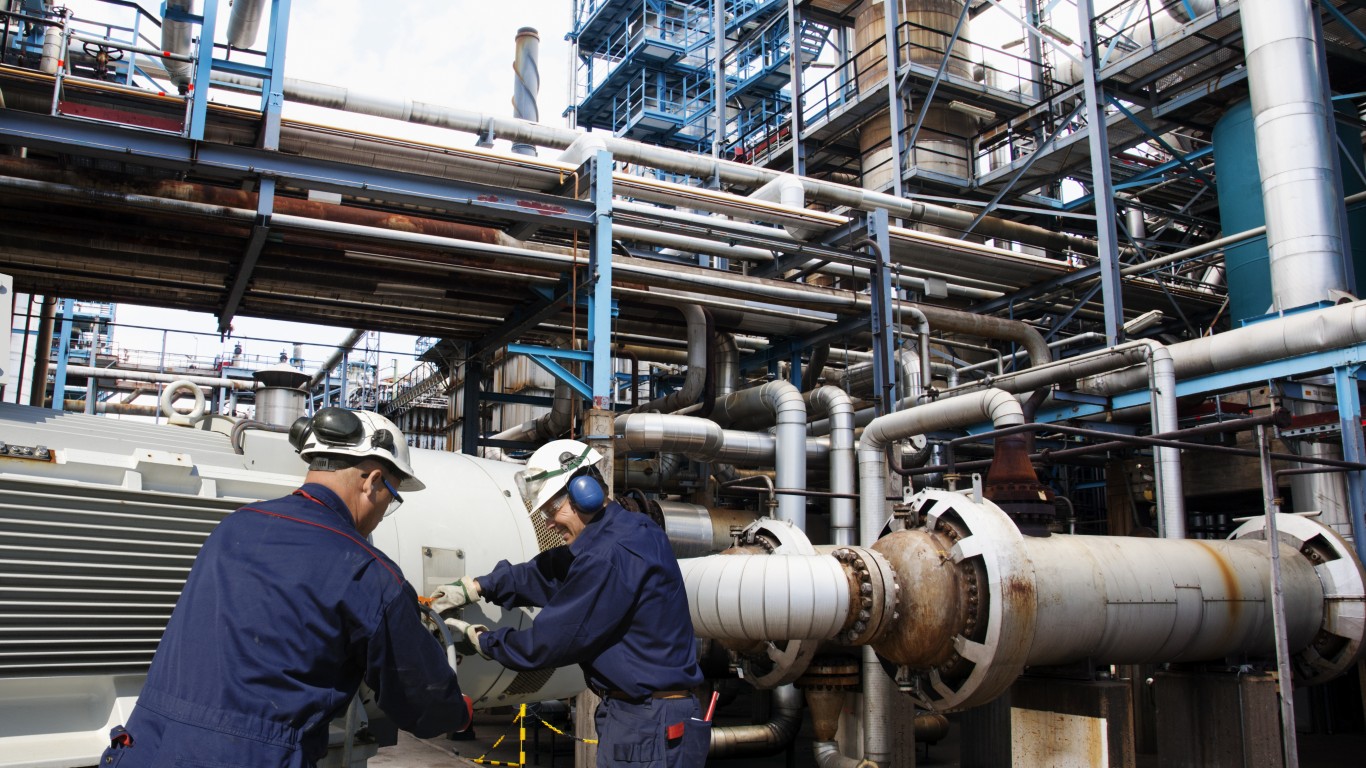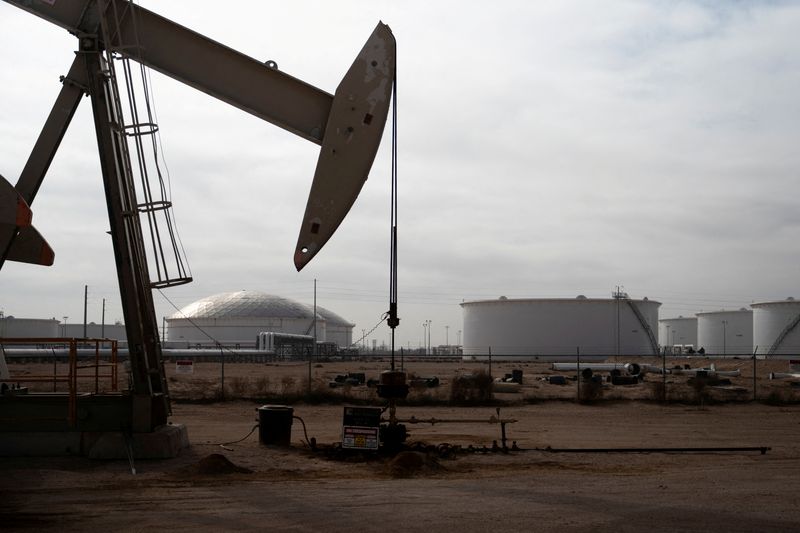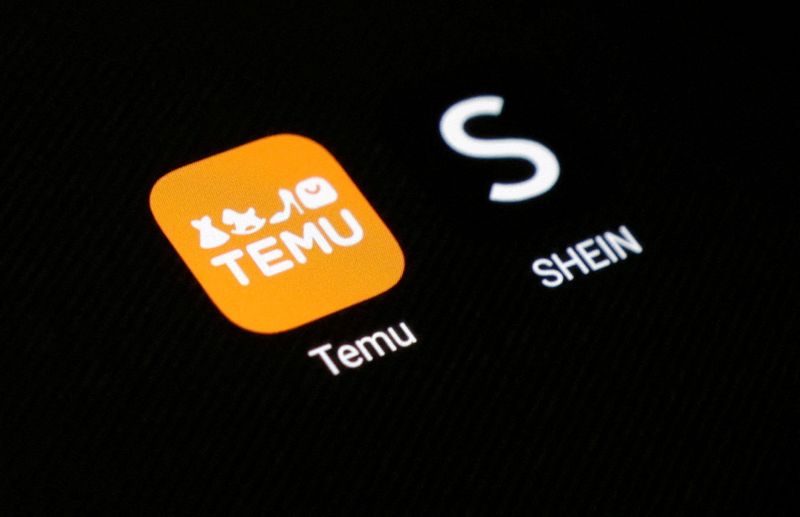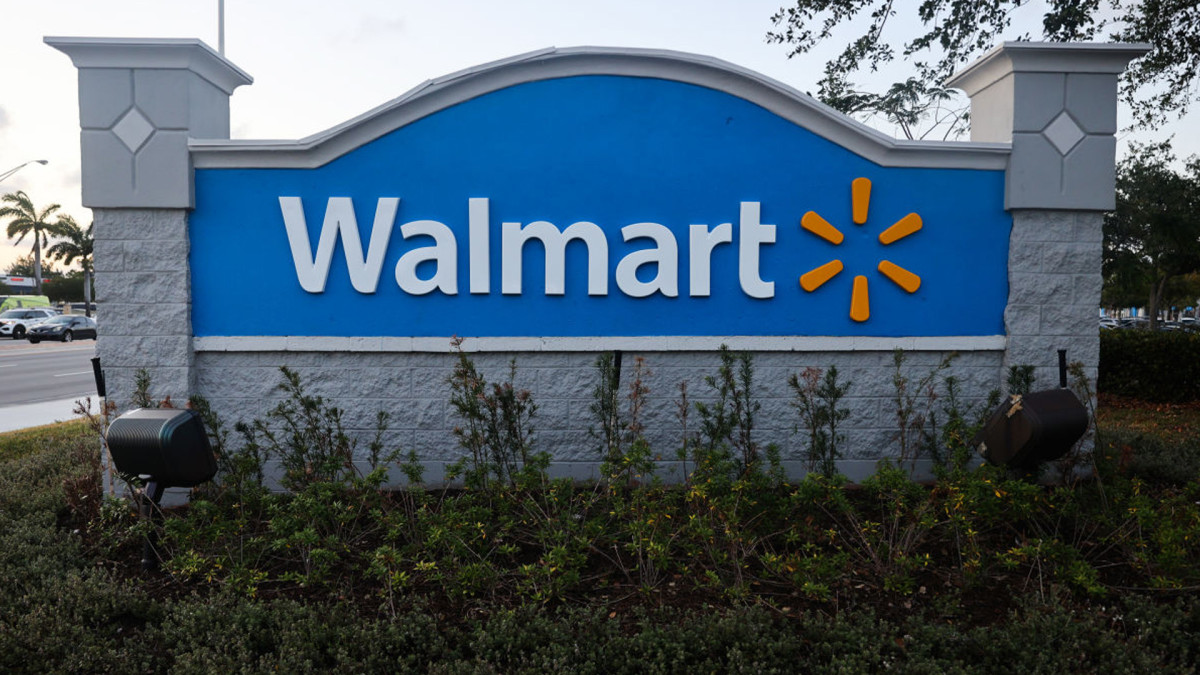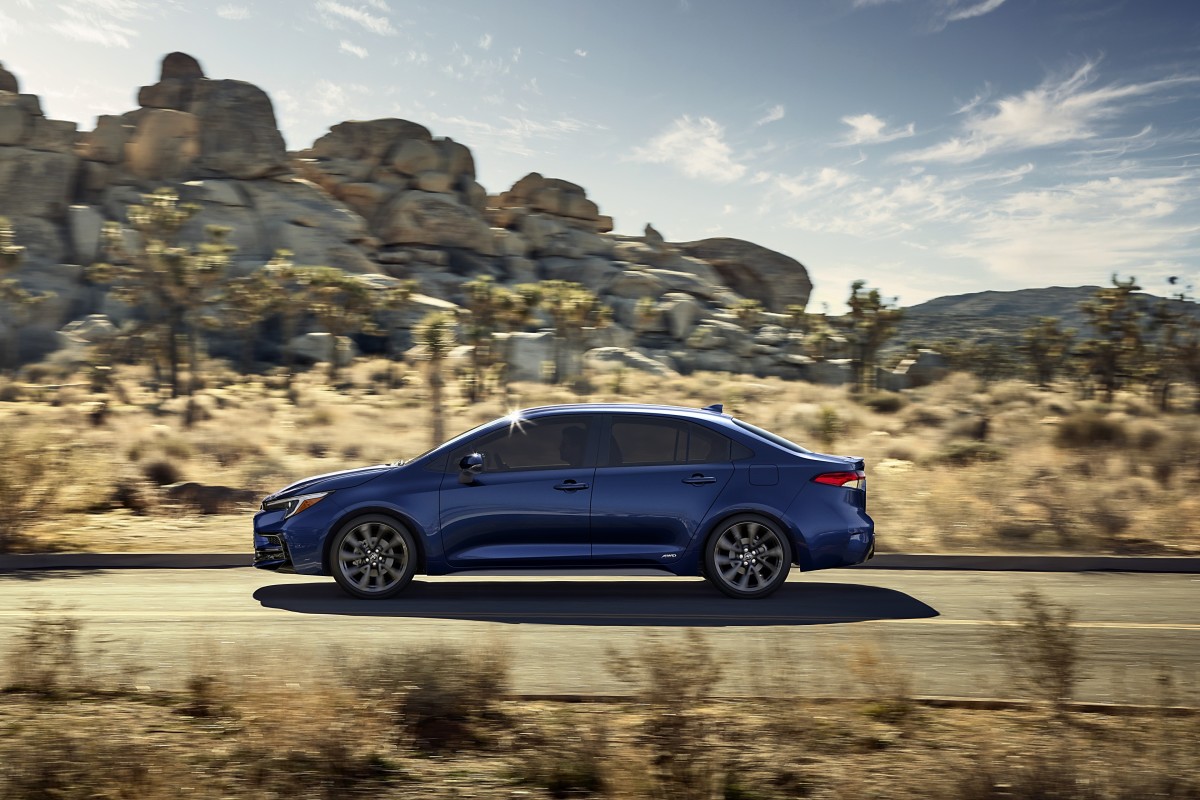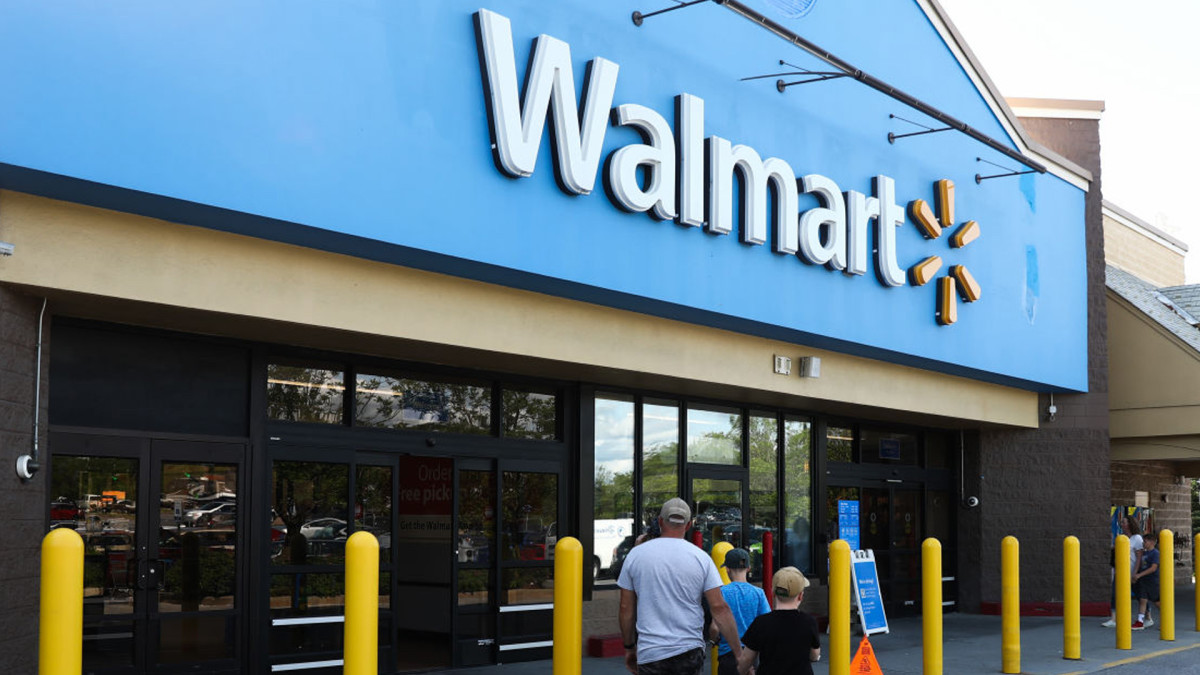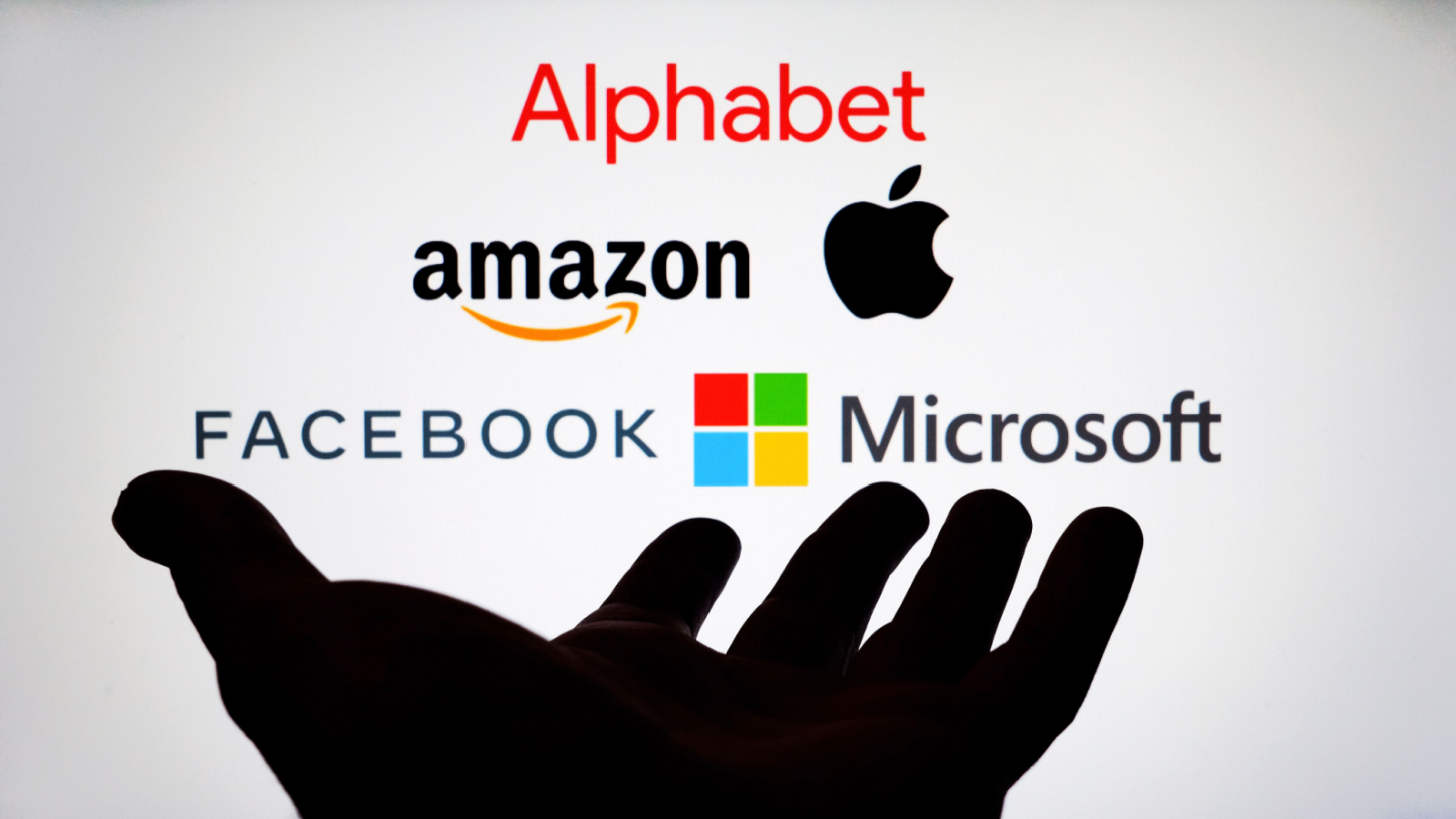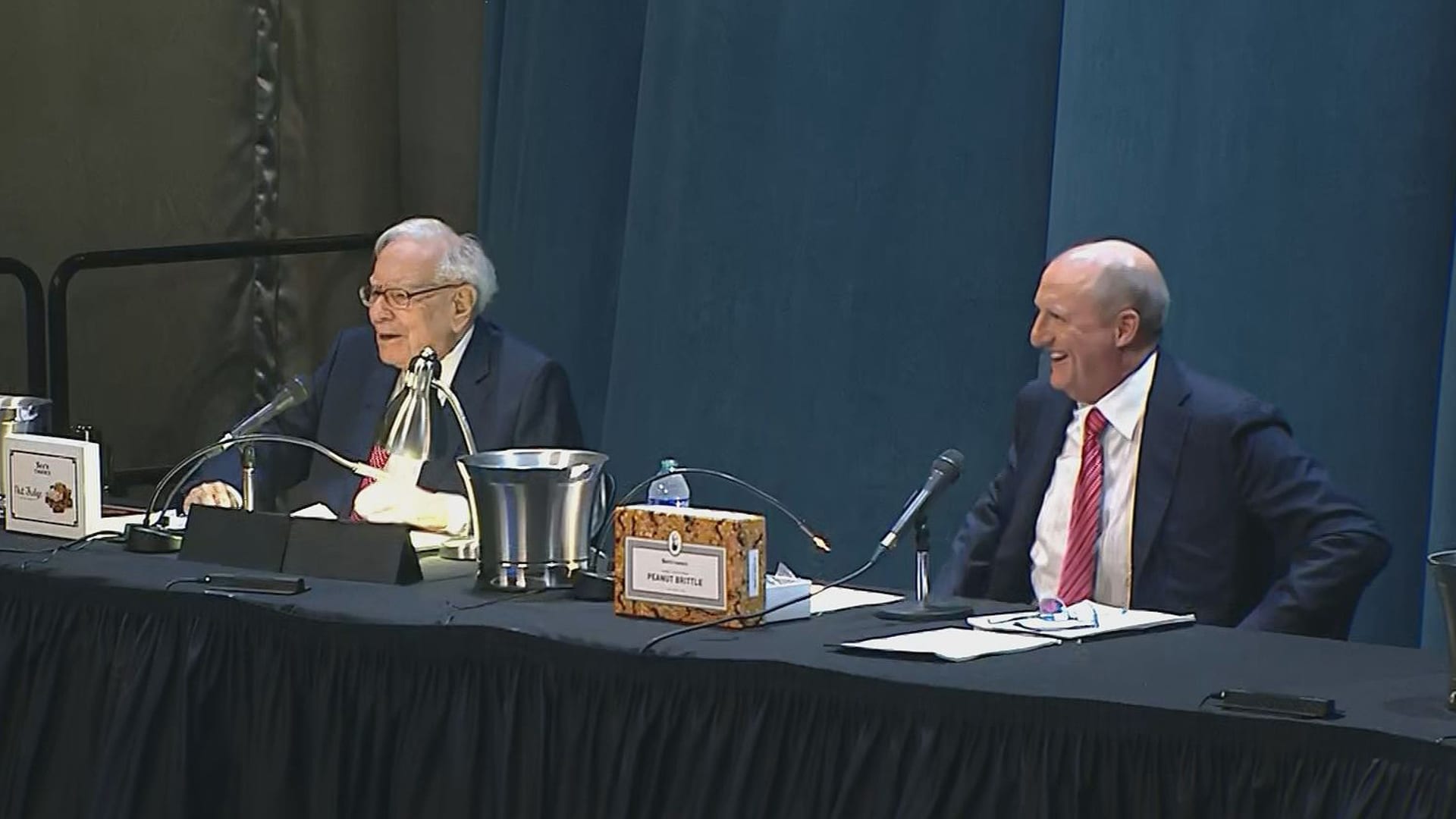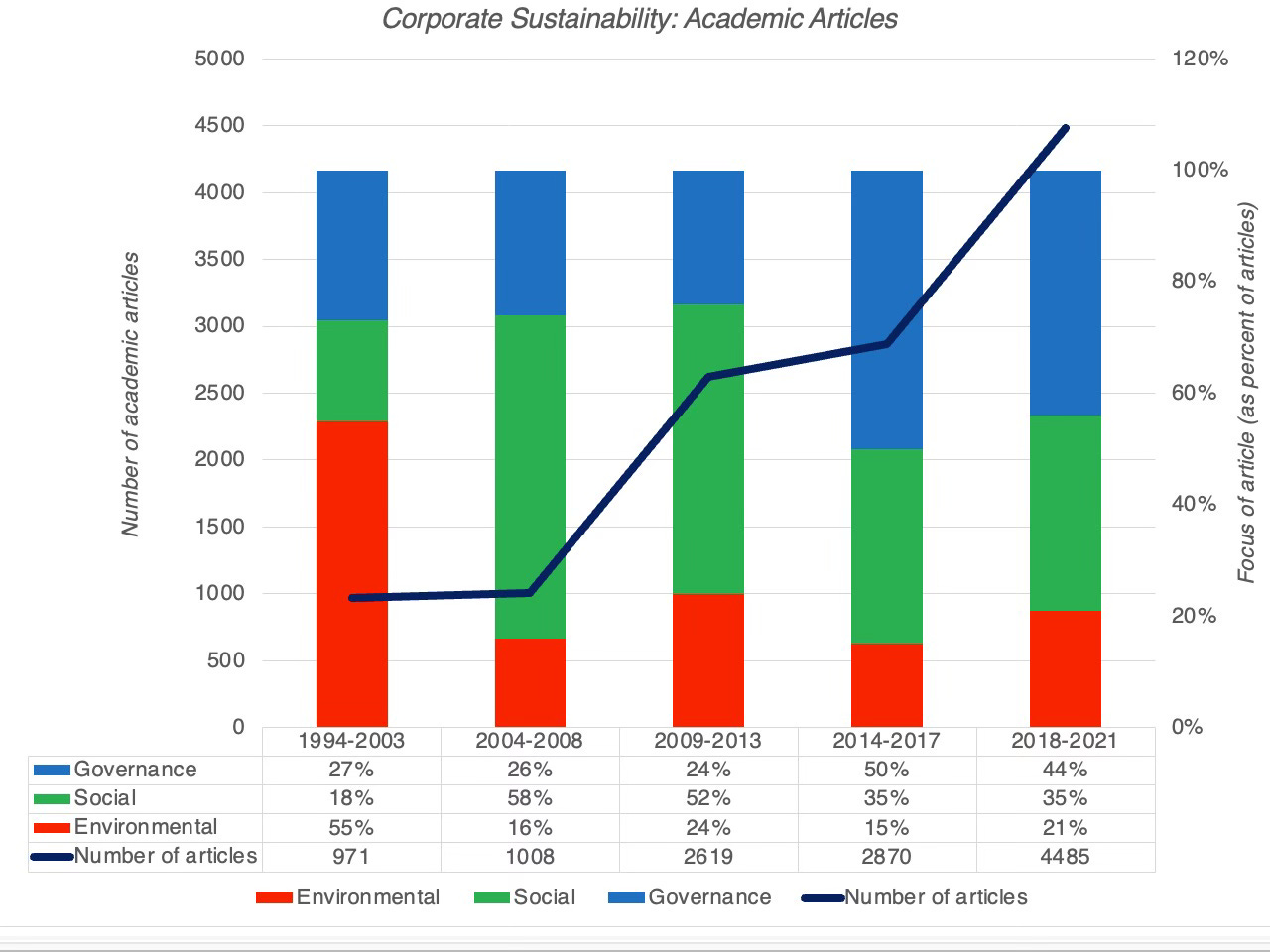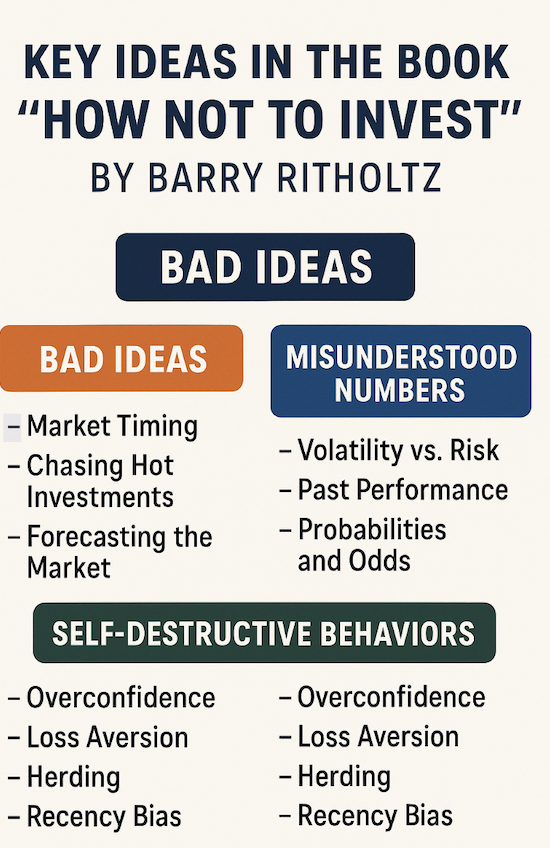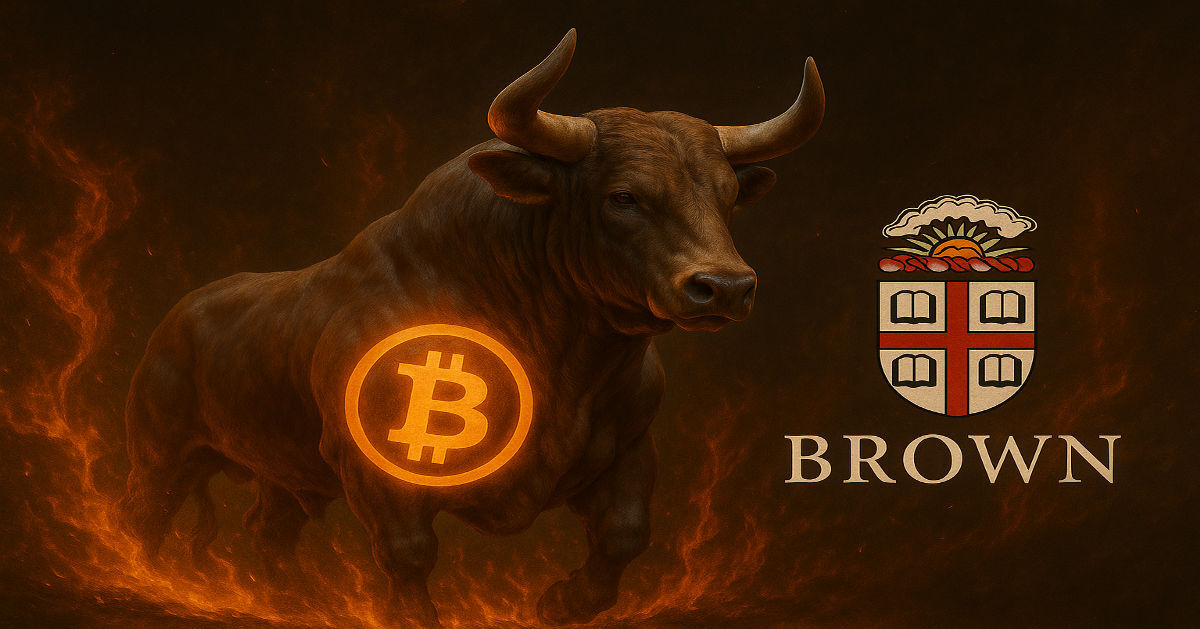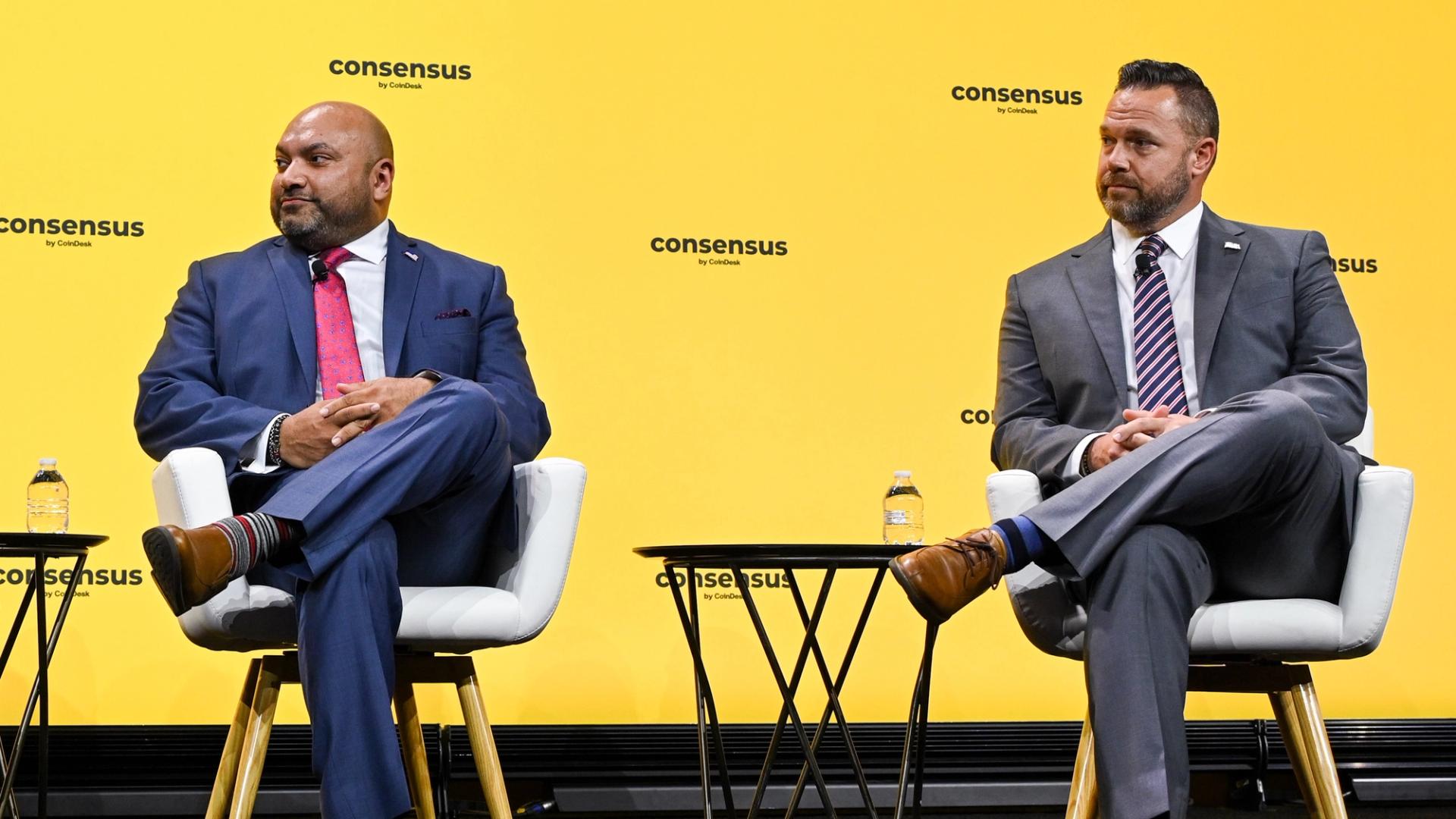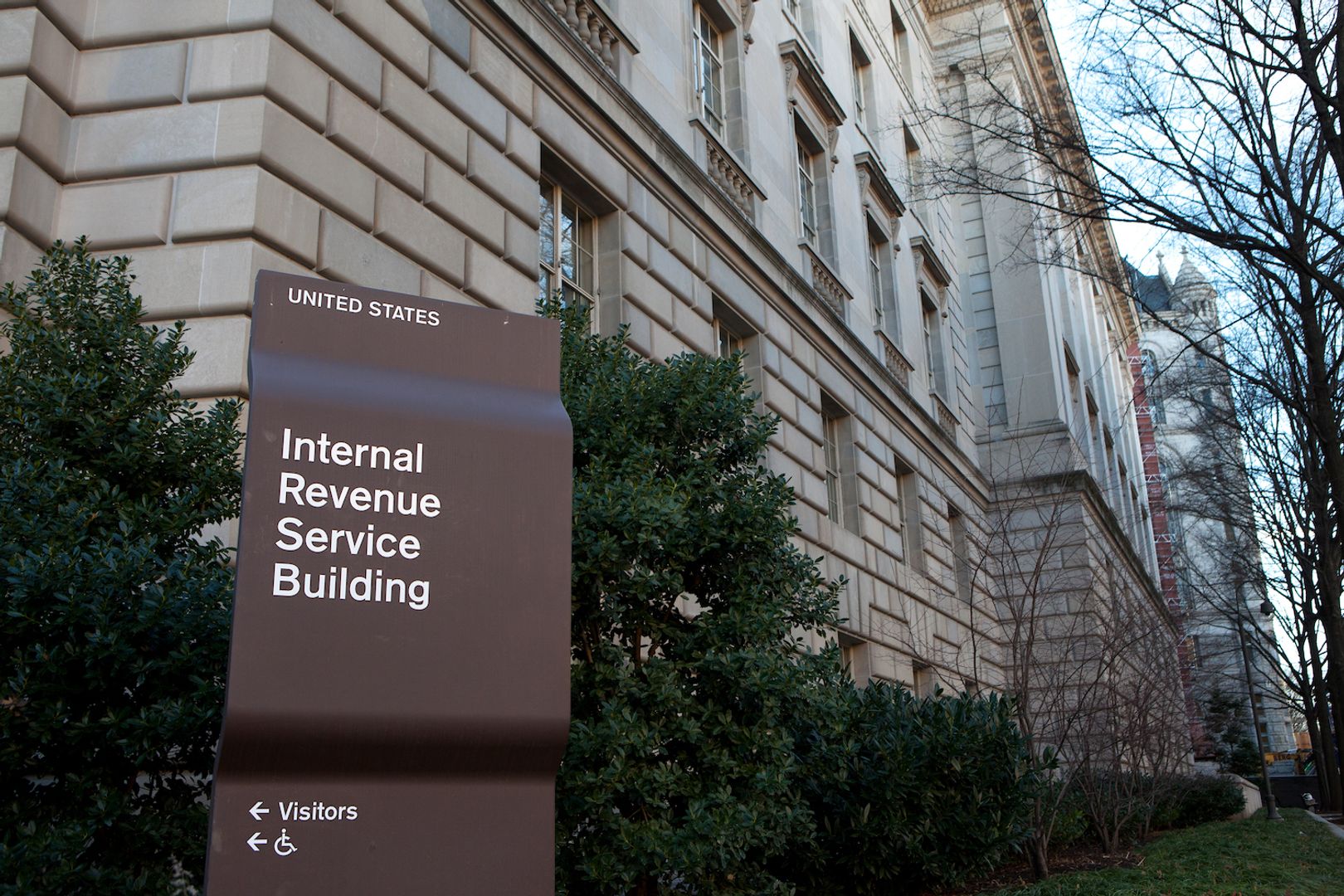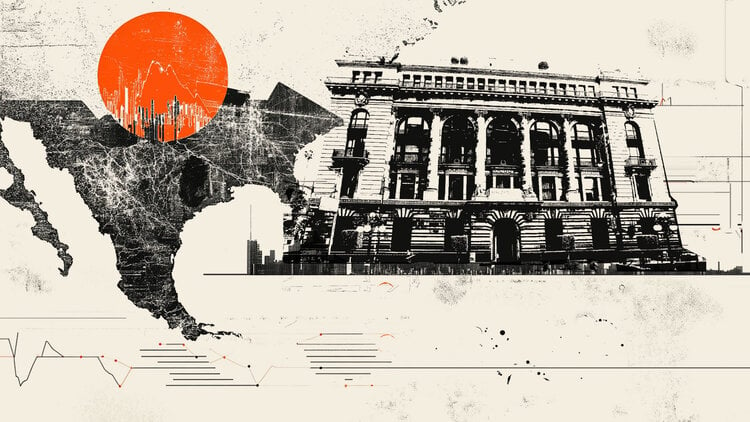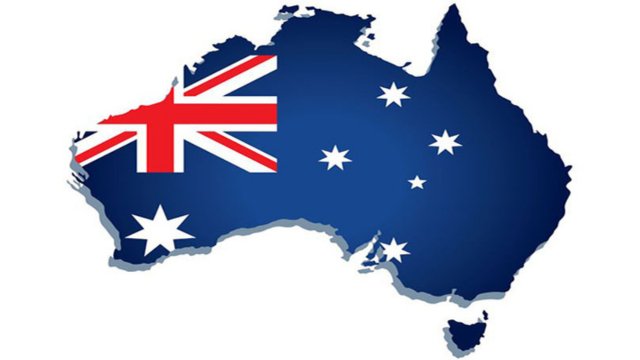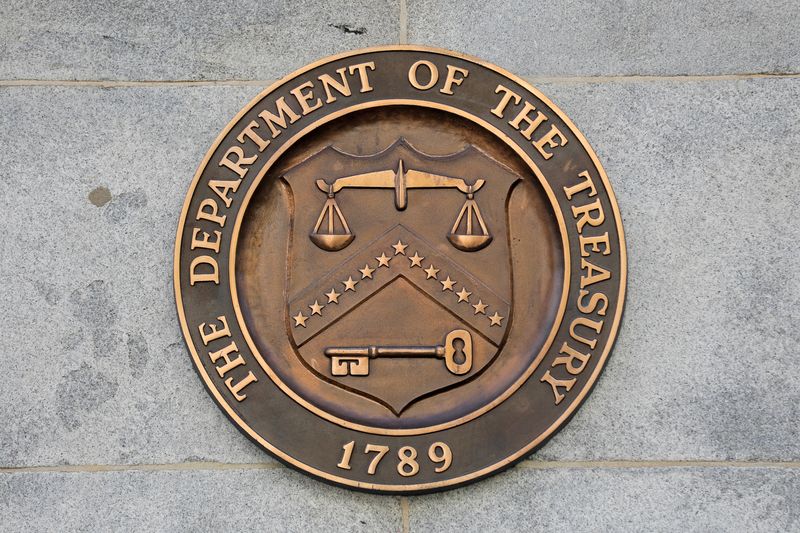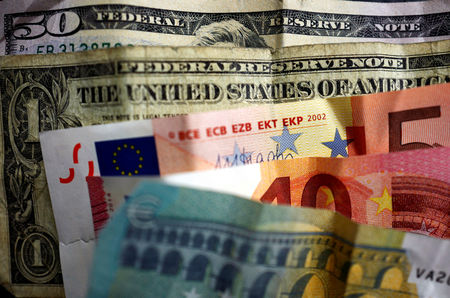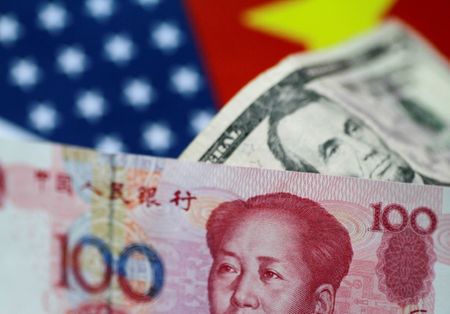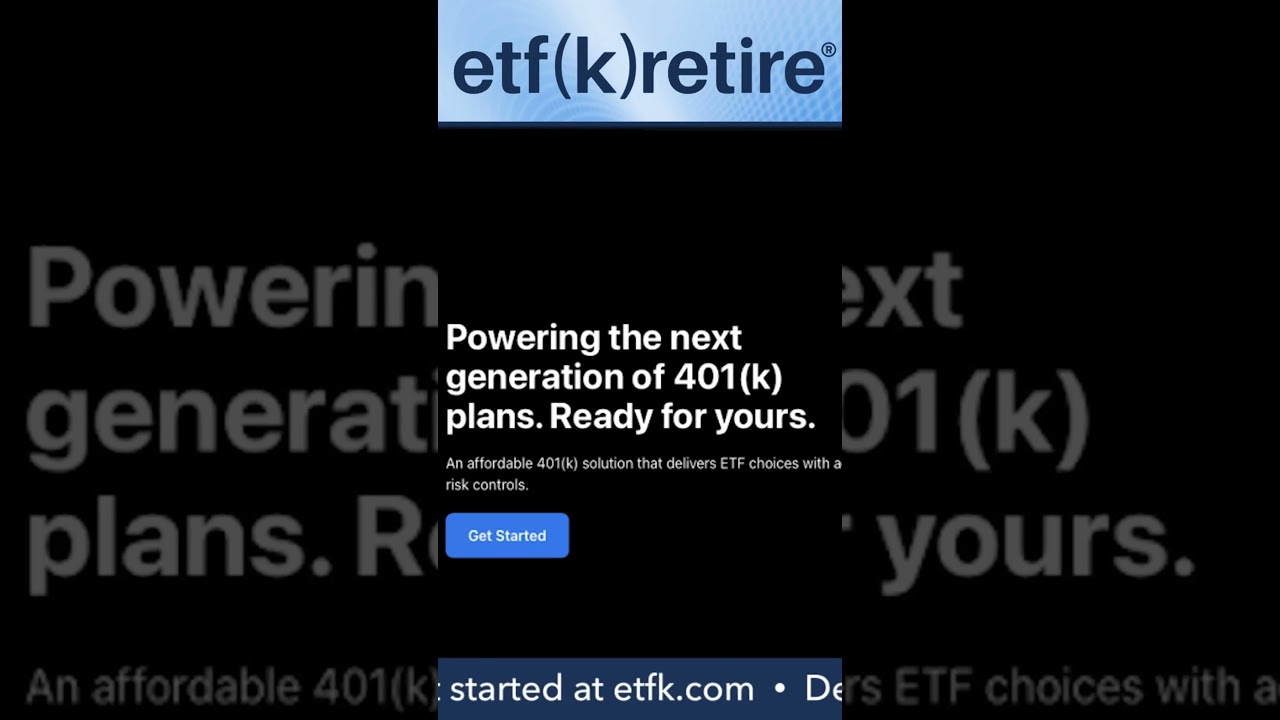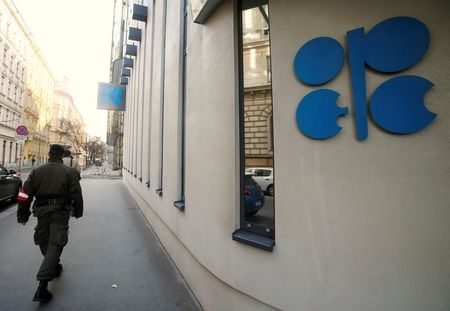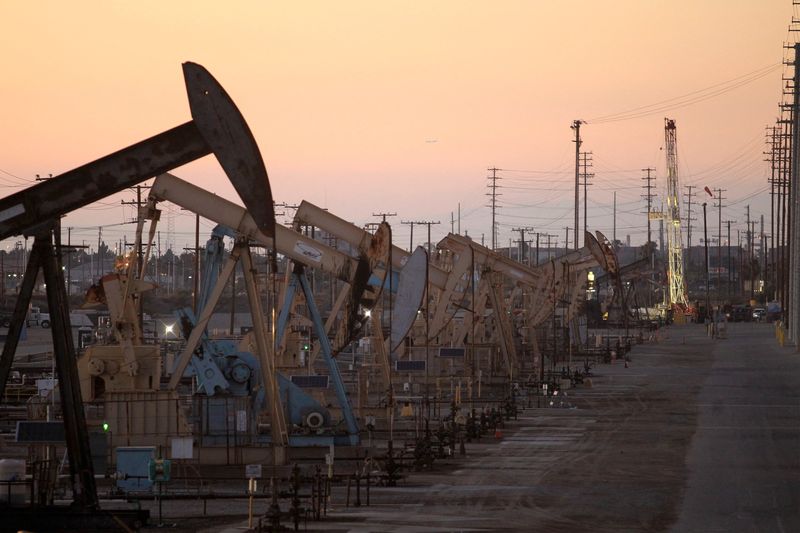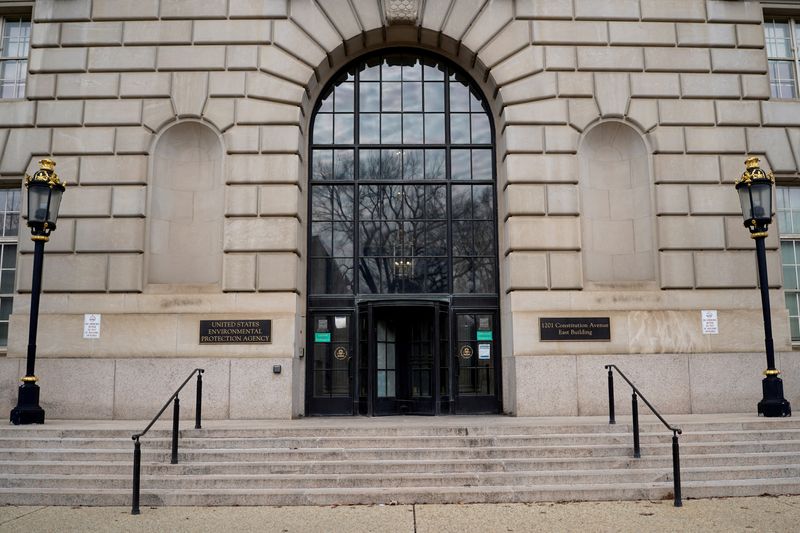Ryanair threatens to ‘reassess’ a $30 billion Boeing order after getting U.S. flak for considering China’s COMAC jets
Ryanair CEO Michael O’Leary is the latest aviation chief executive to consider COMAC as an alternative to the Boeing-Airbus duopoly.

Ryanair, the low-cost Irish airline, could be thinking about China’s COMAC as a Boeing replacement.
In a letter to Democratic congressman Raja Krishnamoorthi, CEO Michael O’Leary said Ryanair would “reassess” its Boeing order if U.S. tariffs increase the cost of the company’s planes. The airline currently has 330 planes on order with Boeing; the order is estimated to be worth about $30 billion.
The aviation sector is quickly becoming a key battleground in the trade war between the U.S. and its major trading partners. Boeing and Airbus, the current duopoly, are now grappling with how tariffs will affect their supply chains and international sales–with the disruption potentially opening the door to other suppliers, like COMAC.
In late March, O’Leary said he was open to buying the C919, a narrow-body plane made by COMAC, if the price was right. The C919 is China’s answer to Boeing 737 and Airbus’s A320.
That set off alarm bells in Washington. “U.S. and European airlines should not be even contemplating the future purchase of airplanes from Chinese military companies," Krishnamoorthi reportedly wrote in a letter to O’Leary, citing COMAC's ties to the Chinese military. The congressman is the top Democrat on a House committee examining “strategic competition” with the Chinese Communist Party.
O’Leary, in his letter to Krishnamoorthi, said he’d consider ordering the Chinese plane if it was 10% to 20% cheaper, but noted that the airline was not currently in discussions with COMAC, according to Reuters which first reported the existence of the letter.
Ryanair didn't immediately respond to a request for comment.
Boeing troubles
Boeing is increasingly finding itself in a tricky position amid trade tensions. The company is one of the U.S.’s top exporters, putting it in the crosshairs of governments upset with Trump’s new trade policies.
In April, China turned away three completed Boeing planes destined for Chinese airlines. Boeing CEO Kelly Ortberg is now looking for alternative buyers for the 50 planes destined for Chinese customers.
China was once one of Boeing’s most important non-U.S. markets, though safety concerns have dragged sales down in recent years.
Still, Beijing may have offered an olive branch to the U.S. planemaker as officials try to manage the intense trade war with Washington. “Chinese airlines and Boeing in the United States have suffered greatly," China’s commerce ministry said in an unsigned statement on Tuesday, adding that Beijing wanted to support “normal business cooperation between enterprises of both [the U.S. and China].”
Who's interested in COMAC?
Ryanair’s O’Leary is the latest aviation chief executive to consider COMAC as an alternative to the Boeing-Airbus duopoly.
Ronald Lam, CEO of Hong Kong airline Cathay Pacific, predicted an “ABC” future—namely, Airbus, Boeing and COMAC—for the aviation sector at a Fortune conference last year.
AirAsia, the Malaysian low-cost carrier, is also in talks with COMAC. CEO Tony Fernandes has stated a need for more planes to supplement its A321 fleet.
As of now, the vast majority of COMAC’s planes are used in China. Only a handful of non-Chinese airlines are using COMAC’s planes. Vietnamese airline Vietjet recently started operating the C909, a smaller jet from COMAC designed for shorter flights. Lao Airlines and Indonesia’s TransNusa Airlines also operate the C909, previously known as the ARJ21.
No non-Chinese airline currently uses the C919. China Eastern Airlines, China Southern Airlines, and Air China currently use the jet–in tiny numbers.
But the COMAC still has a long hill to climb before its jets gain international acceptance. Major regulators still need to certify COMAC’s planes–which could take years, if it comes at all. COMAC’s planes are currently only certified to fly in Hong Kong and mainland China.
A report from the French magazine L’Usine Nouvelle published on Monday said the European Union Aviation Safety Agency, Europe’s regulator, could take at least another three years.
Florian Guillermet, the executive director of the regulator, said certification would not happen this year. COMAC began working with EASA about four years ago.
This story was originally featured on Fortune.com

